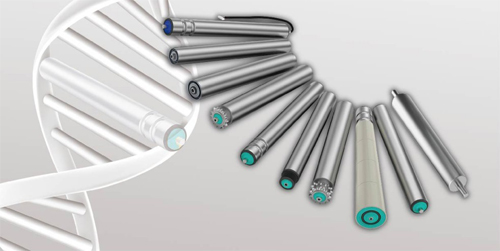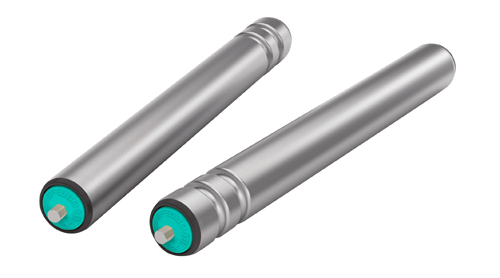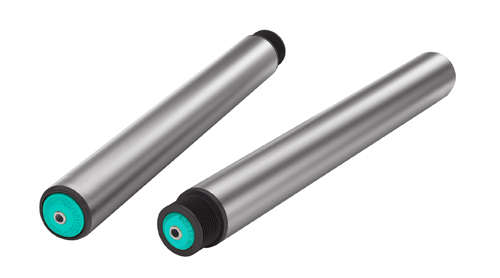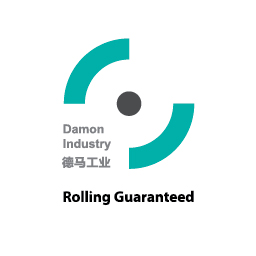Europe
中文
English
Europe
Welcome to Damon Industry Website
The fast development of logistics industry prompted automatic machines to be required in every field of work. Among them, roller conveyors are widely used for being able to ensure bulk transportation, high reliability and convenient maintenance. As an important part of a machine, the conveyor is responsible for transporting goods, so today we'll talk about conveyor roller tips and tricks.

1. Anti-static requirements
Friction between goods and the roller generates static electricity during transport. It can be really dangerous sometimes and there are special situations when the conveyor roller should be anti-static. For example, when the 1200 series conveyor roller is used with the belt roller, there is constant friction between the conveyor and the belt so due to static electricity accumulation, it can produce “sparks”. Another example has to do with the fact that static electricity can cause damage to the electric components due to electrical breakdowns. Up until now, we ensured anti-static properties of the conveyor roller by placing a copper ball inside the roller so the static could be guided to the surface of the cylinder. This has been quite a cost-effective method, but we need to pay attention to 2250 series rollers as well. Static energy between drive heads and the belt cannot be conducted forward, which means that there is no contact with the goods and there is no negative impact.
2. Upper roller selection for side conveyors
The side conveyor, as most of the clients might think, carries the operation of placing goods on the side of the rack, so they can enter a further process which usually implies special operations. At this point, the roller is tilted, so as to be able to achieve the function of guiding goods to the side of the rack. Side rollers usually use three types of rollers:
a) The gravity conveyor roller, which acts like a driven conveyor roller because of the bottom belt friction;
b) The 2240 series conveyor roller. Special attention should be given to the roller’s angle configuration, it is important that the neighboring roller’s slots are aligned on the same straight line, so to avoid the O-belt’s wearing.


c) The 2250 series conveyor roller. Special attention should also be given to the roller’s angle configuration, it is important that the neighboring multi-wedged pulleys’ slots are aligned on the same straight line, if not, the strap will easily come out of the slot.


3. Roller on a split or merging track line
Rollers on split or merging track lines are usually of the same type, what differs is the design of the surface length (and gradient). However, due to the minimum length limit of the product, rollers at the extremities are sometimes too short, causing problems in production. Being impossible to produce such a short driven conveyor roller, we use a gravity conveyor roller (which requires a shorter production length) or a roller replacement (ex.: Fulai wheel).
Above we have enlisted a few questions that can be encountered during designing conveyor rollers and selecting rollers and we strongly hope it was helpful for you! For further questions and a better understanding, please contact Zhejiang Damon Industrial Equipment Ltd, the professional conveyor roller supplier.
We look forward to hearing from you soon!

